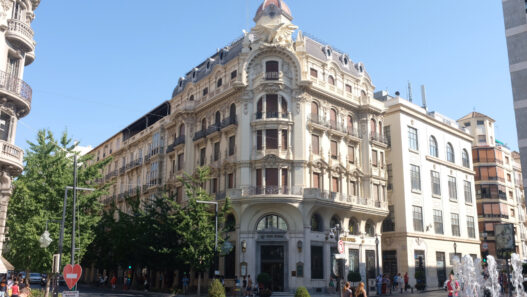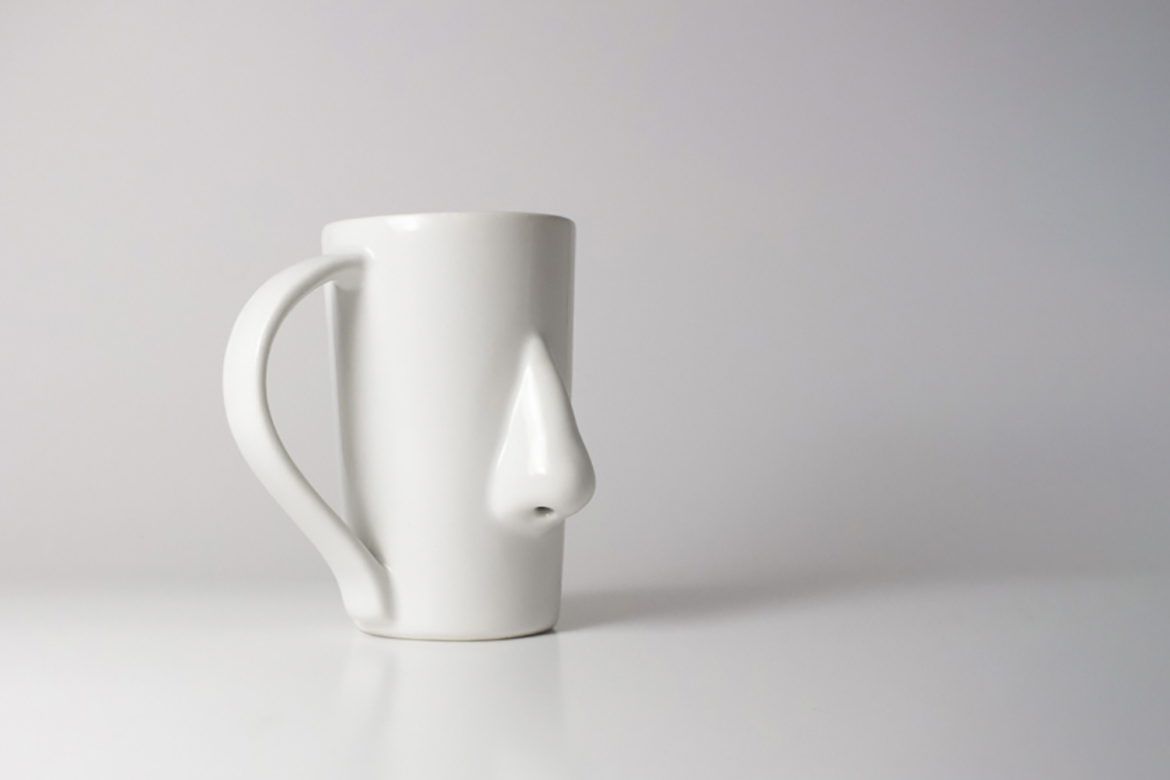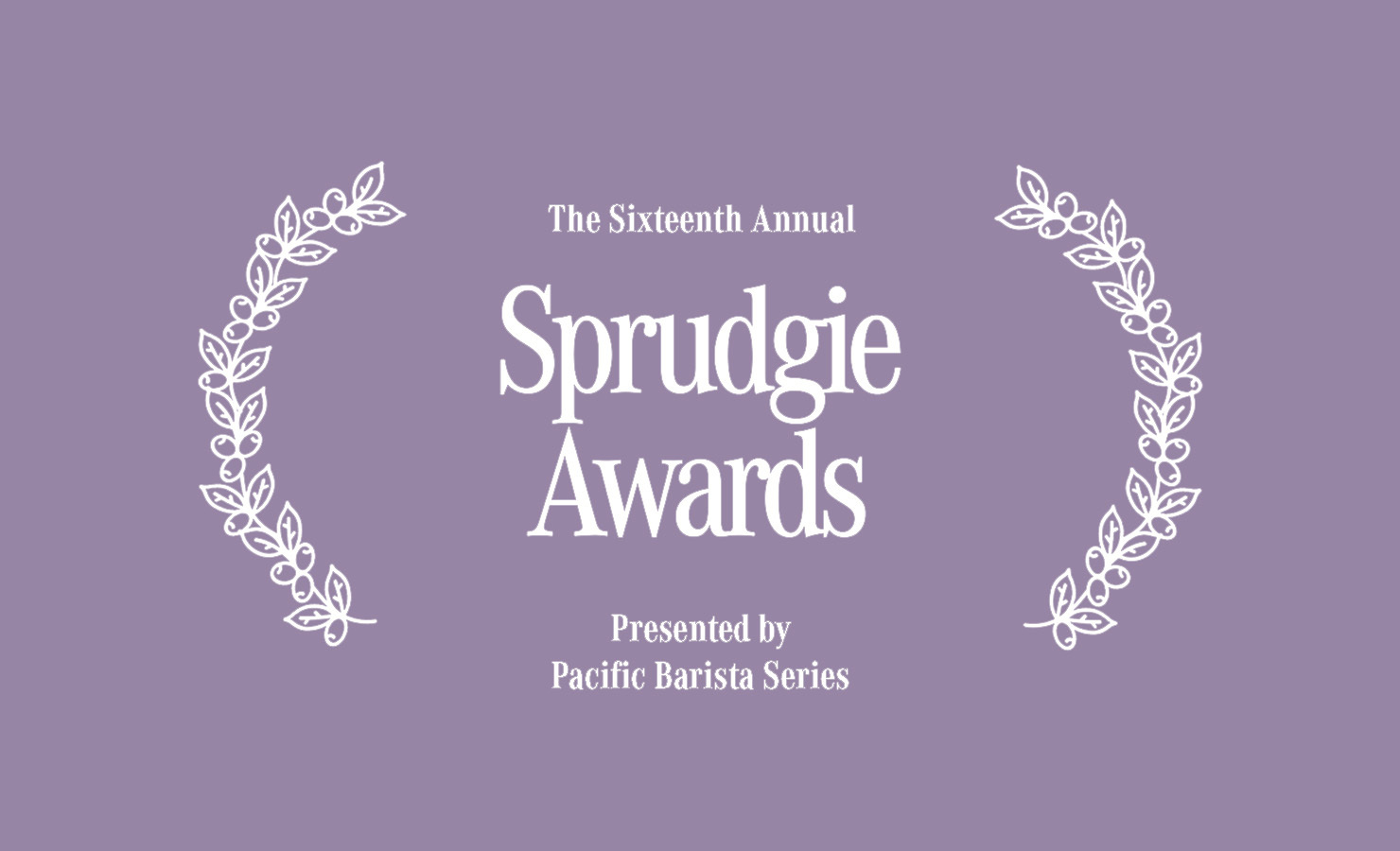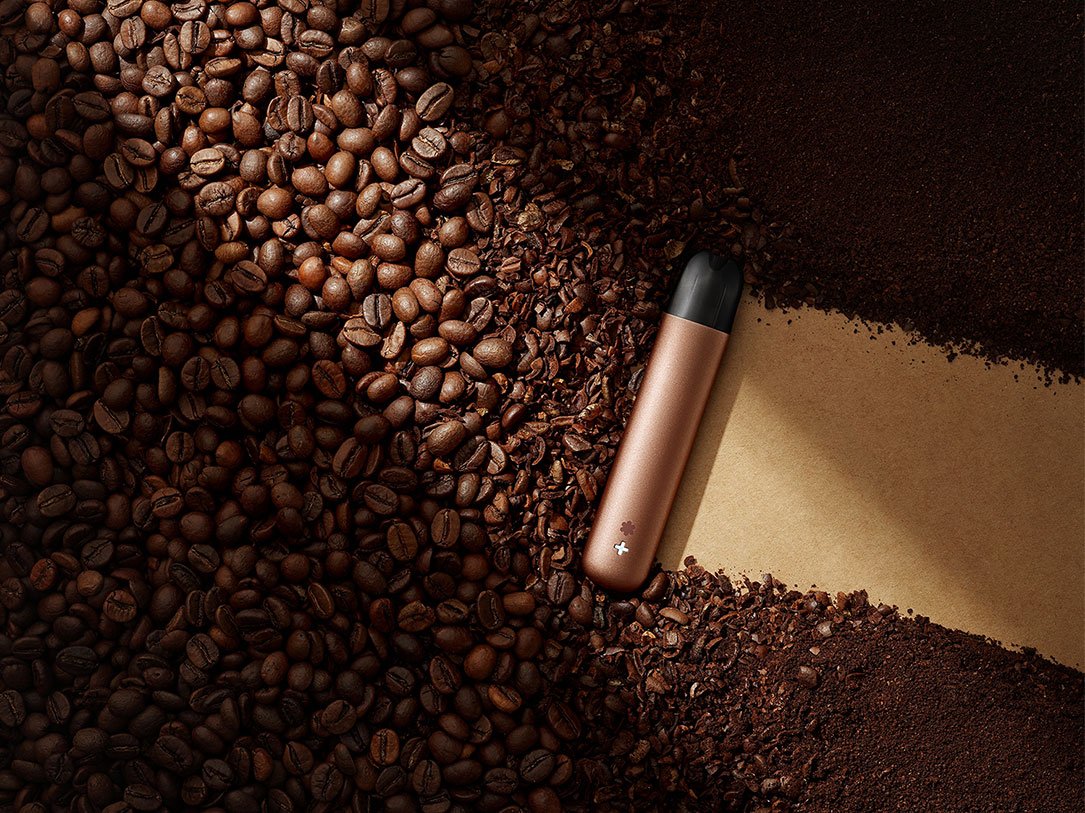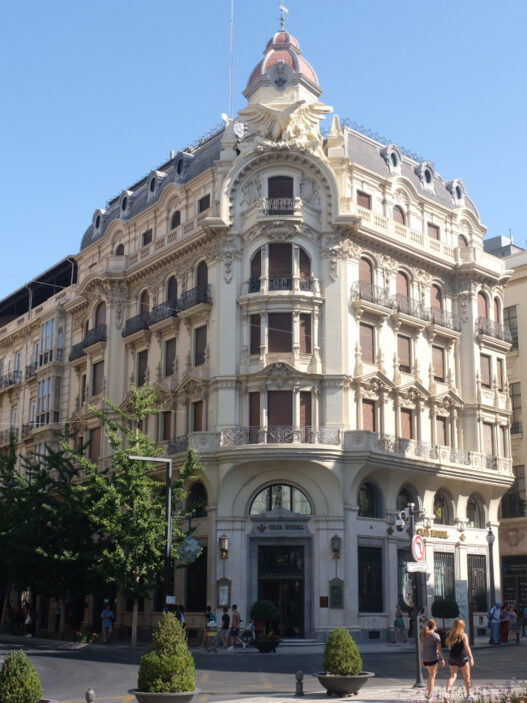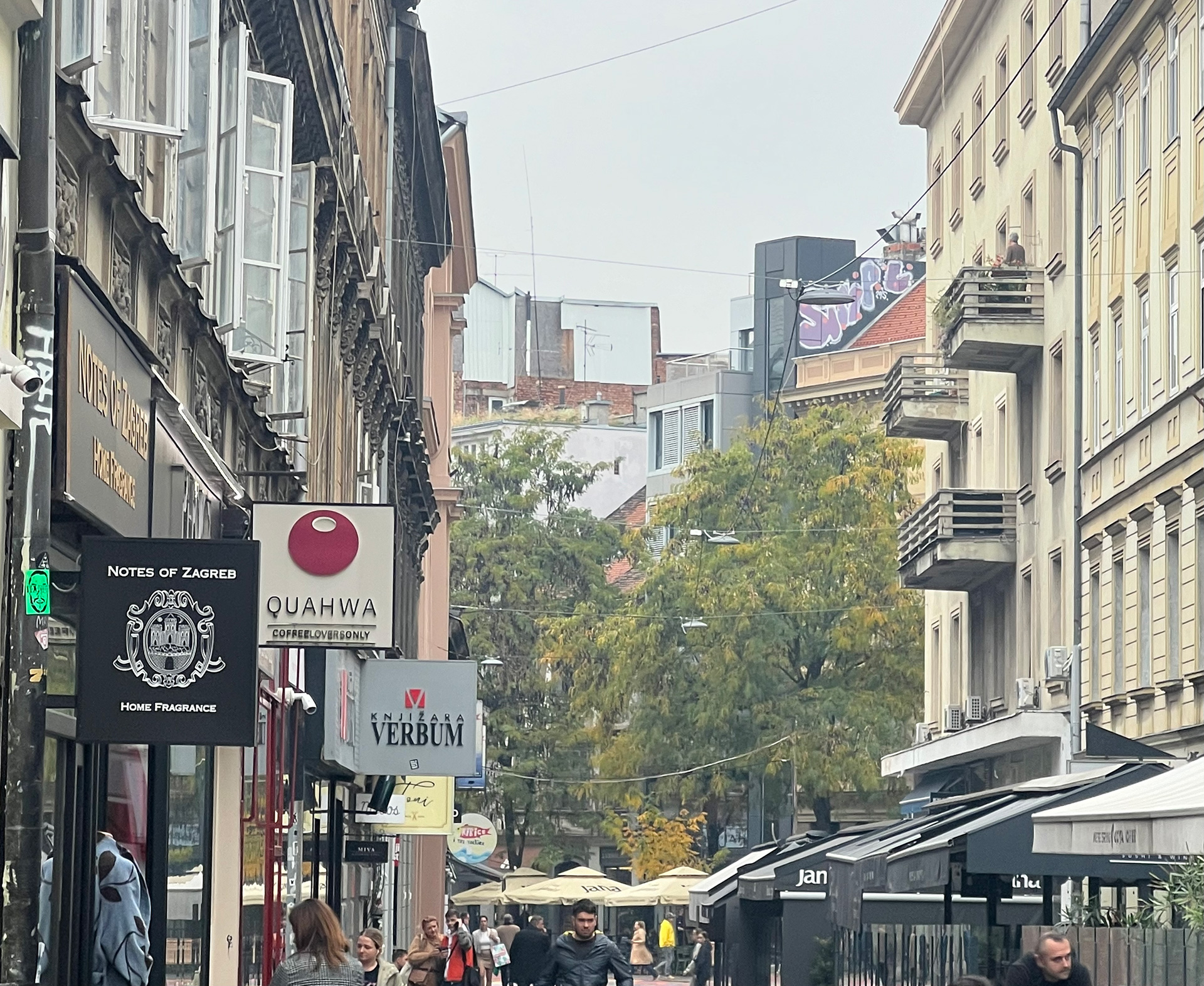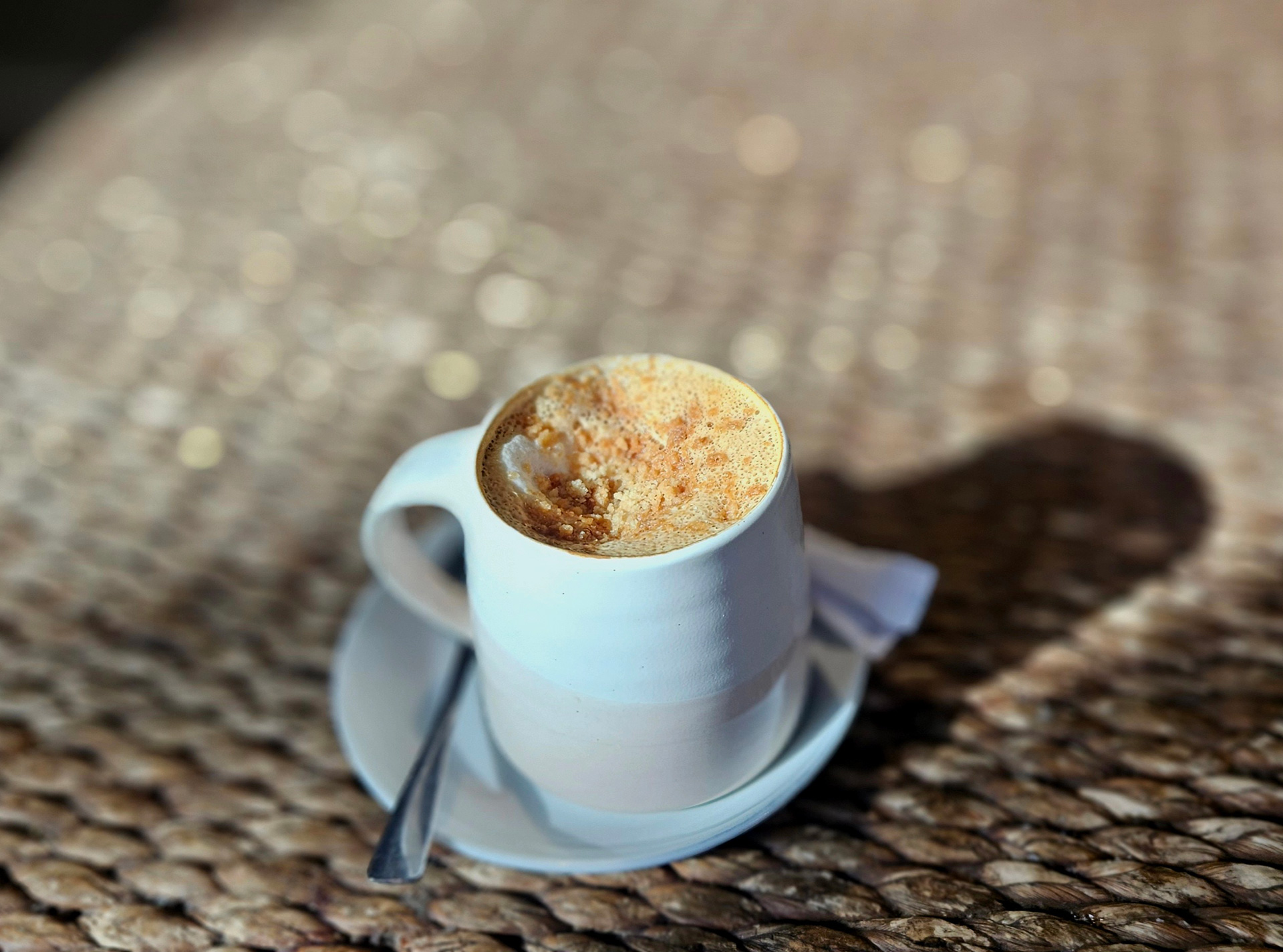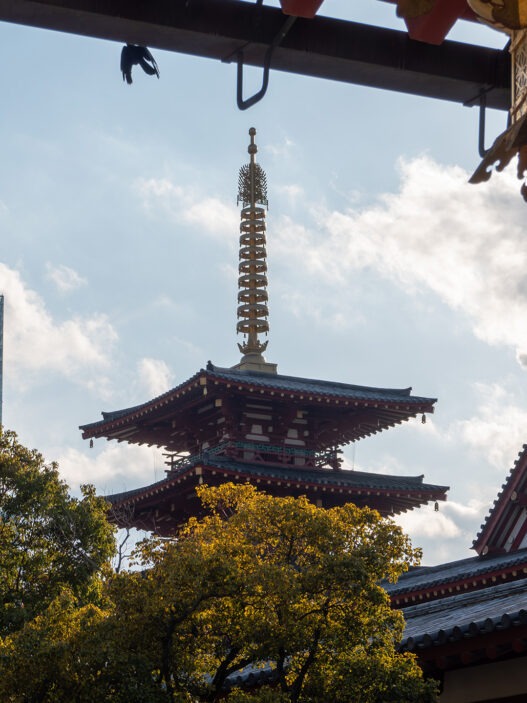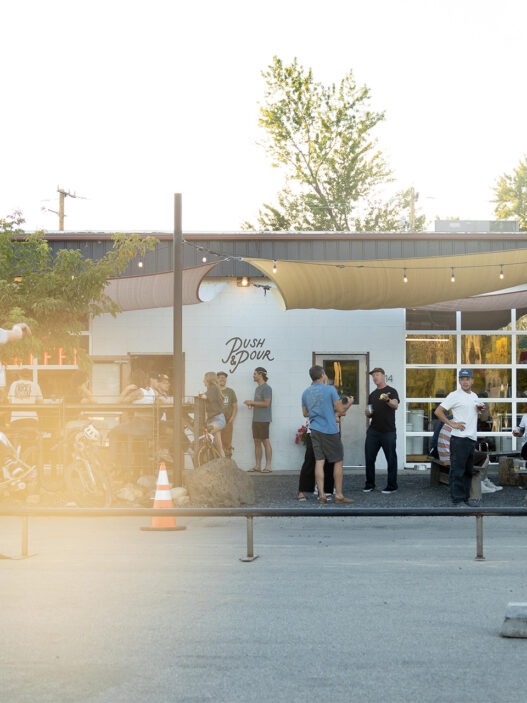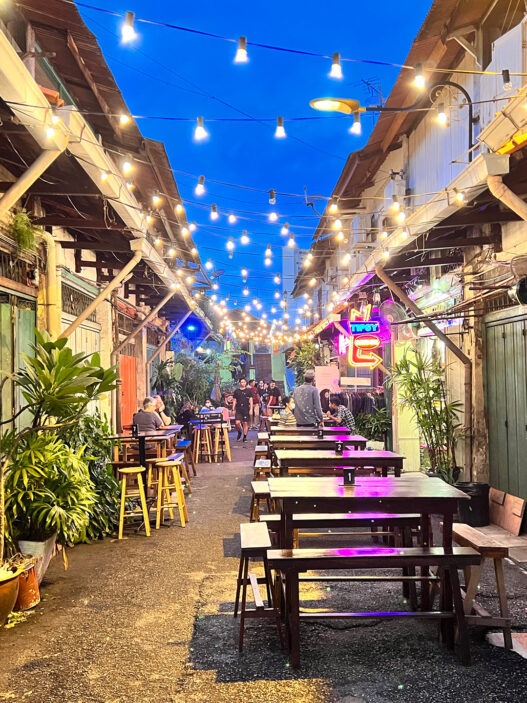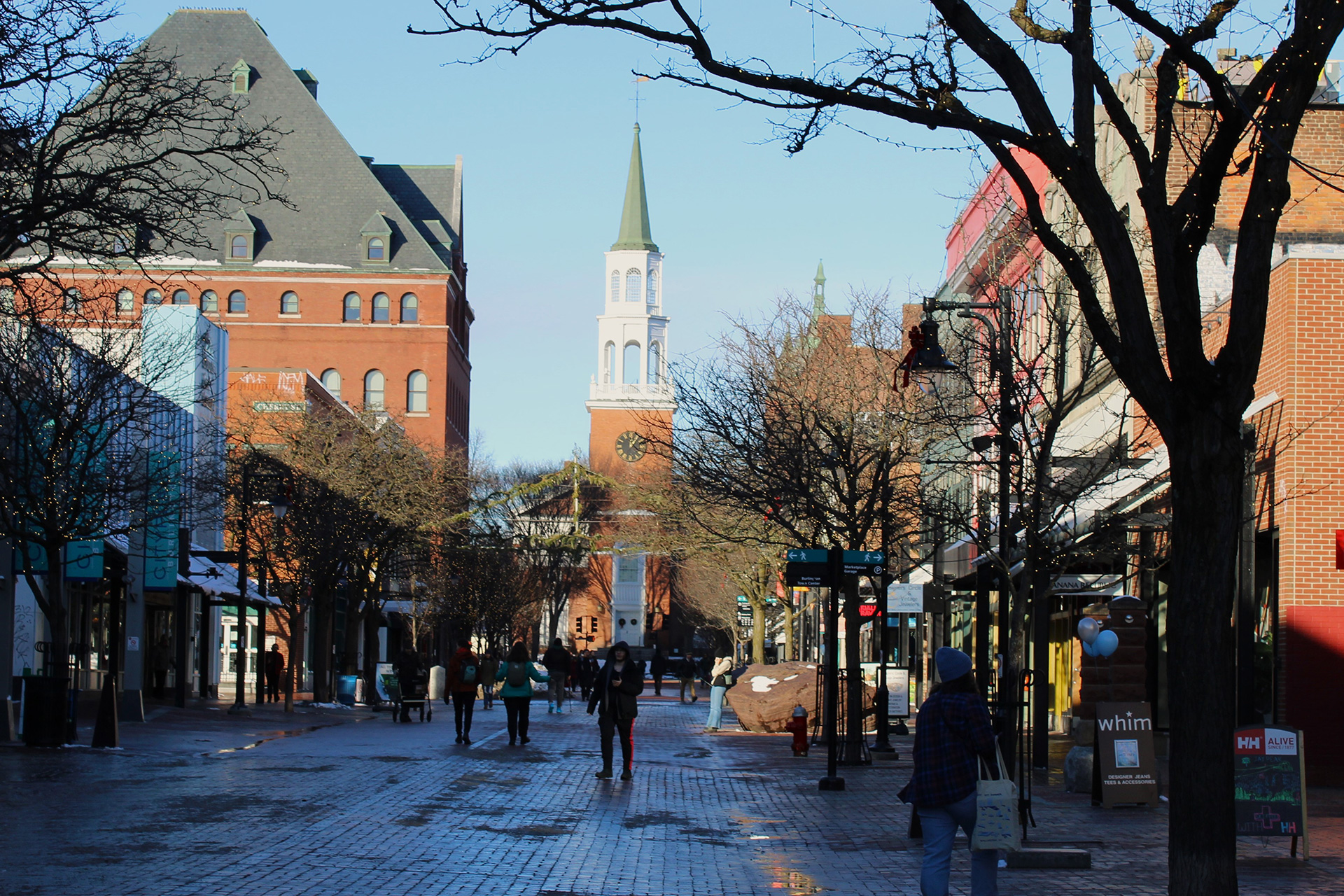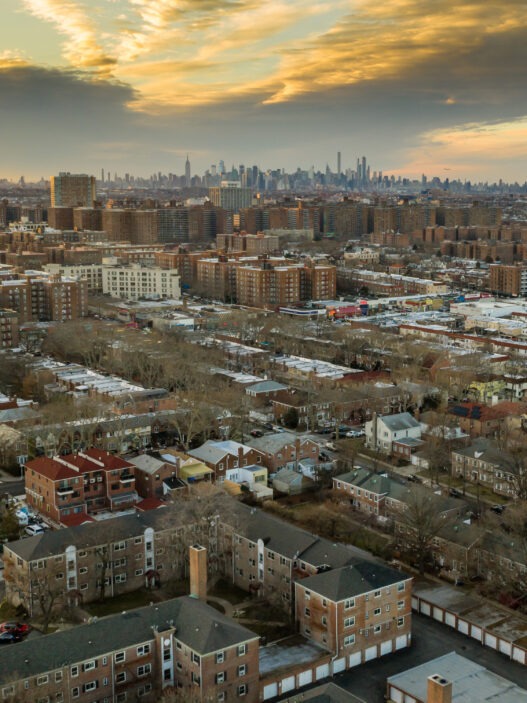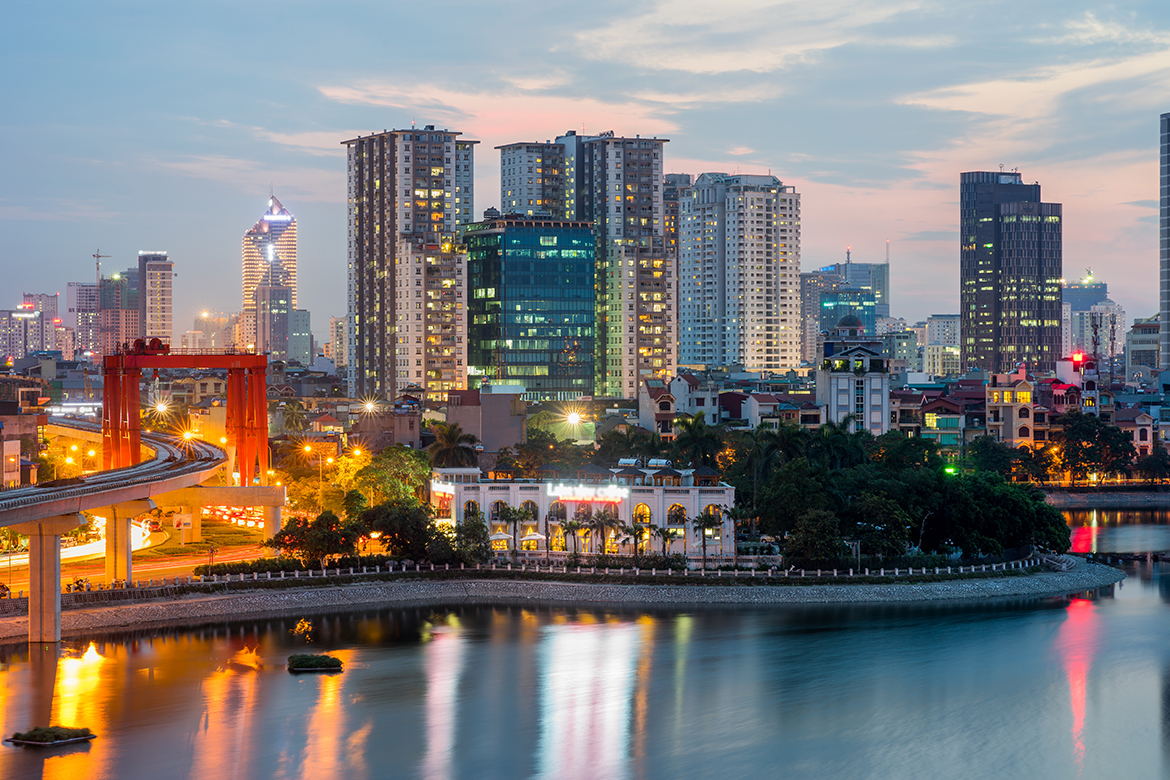
Across from a vintage French mansion, a small vanguard of young Vietnamese latte drinkers sit at tables spread along the sidewalk in the hazy late afternoon sun. Above, vines crawl up the sides of faded yellow walls towards quaint green shutters. Motorbikes whiz by beneath. The Vietnamese coffee mavens talk quietly over their coffee, observing the throngs going in and out of the well-known noodle soup shop on the corner.
Hanoi’s coffee culture, like much of its old charm, is connected to the legacy of French colonialism. The French first introduced coffee to Vietnam in 1857 and by 1950, the country was producing and exporting instant coffee, which placed the focus on Robusta. Vietnam is now the world’s second-largest coffee producer, harvesting over 1.5 million tons per year and accounting for as much as 40% of the world’s Robusta.
The city still maintains a sprawling and engrained everyman’s cafe culture. Until recently, the Vietnamese were firmly dedicated to their own coffee tradition, making an art of roasting and brewing thick, brain-shudderingly strong Robustas. But a string of Third Wave coffee shops across the city is building a new side to Vietnamese coffee. These shops find and roast the best of the country’s beans, supporting the small Vietnamese Arabica market while refining the classically fierce Vietnamese Robustas. They also import coffees from around the world to feed the Vietnamese desire for new profiles and inspiration. What follows are a few of these outposts of subtlety and creativity in the Hanoi coffee world.
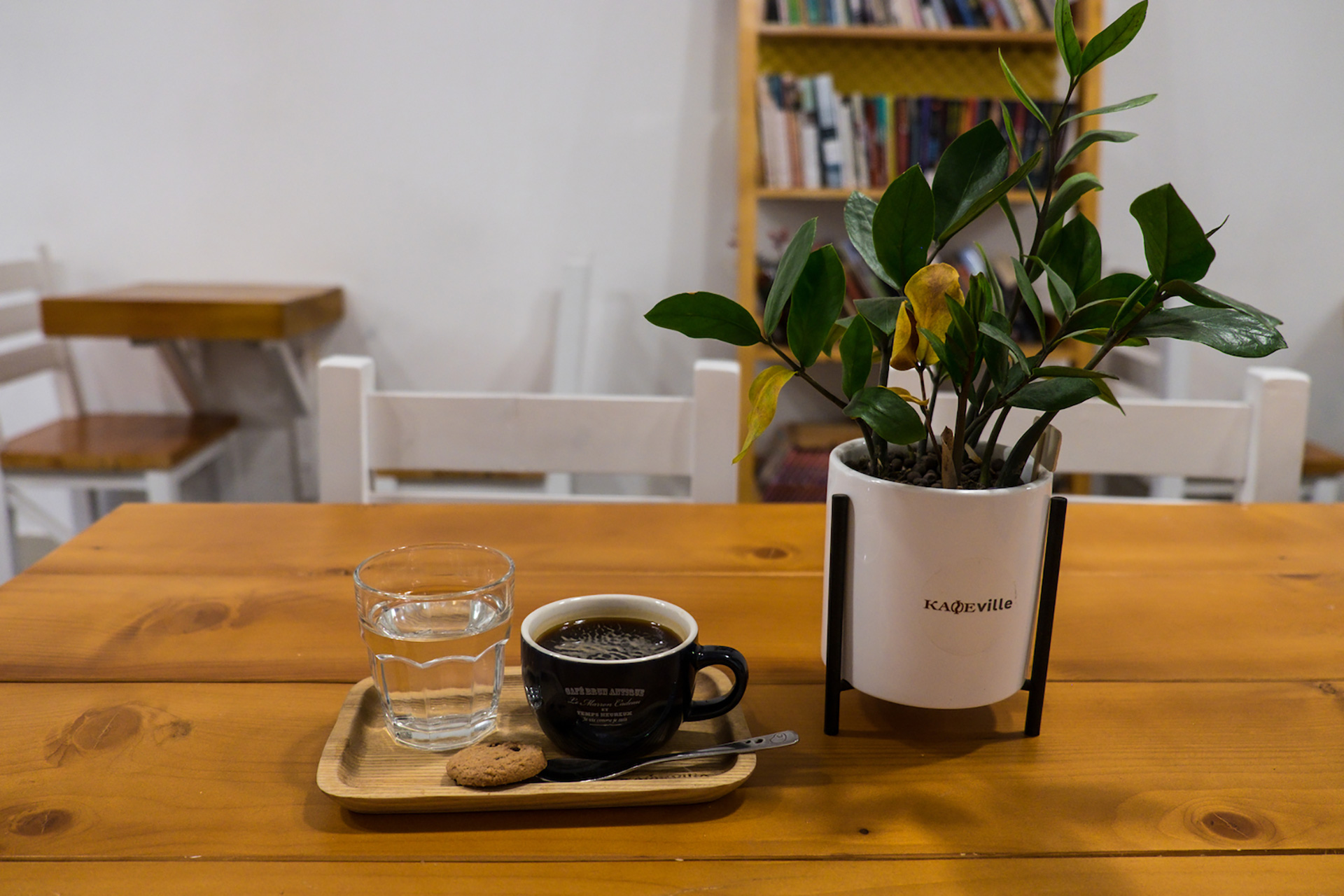
Kafeville
The go-to specialty coffee spot for many in Hanoi, Kafeville has played a key role in driving the city’s movement for better coffee over the past three years. They were the first cafe in the city to specialize in pour-overs and they roast everything in-house. Today, they offer V60, AeroPress, Chemex, and Vietnamese-style phin drip coffee. They showcase single-origin beans from Vietnam but also import green beans from Burundi, Ethiopia, Indonesia, and elsewhere abroad. Kafeville’s main sources for Robustas, which they primarily use for phin drip, are farms in Dalat and Lam Dong provinces in Vietnam’s Central Highlands, but most of their Arabica comes from Colombia. They also serve cascara tea and homemade pastries.
While the cafe is fancier than most streetside coffee shops in Hanoi, the design is sparse and doesn’t feel built for Instagram. The shop sits down a dead-end alley across from a post office, between the Hanoi Botanic Gardens and the Ho Chi Minh Mausoleum. They also have a smaller location just to the north in the Truc Bach neighborhood.
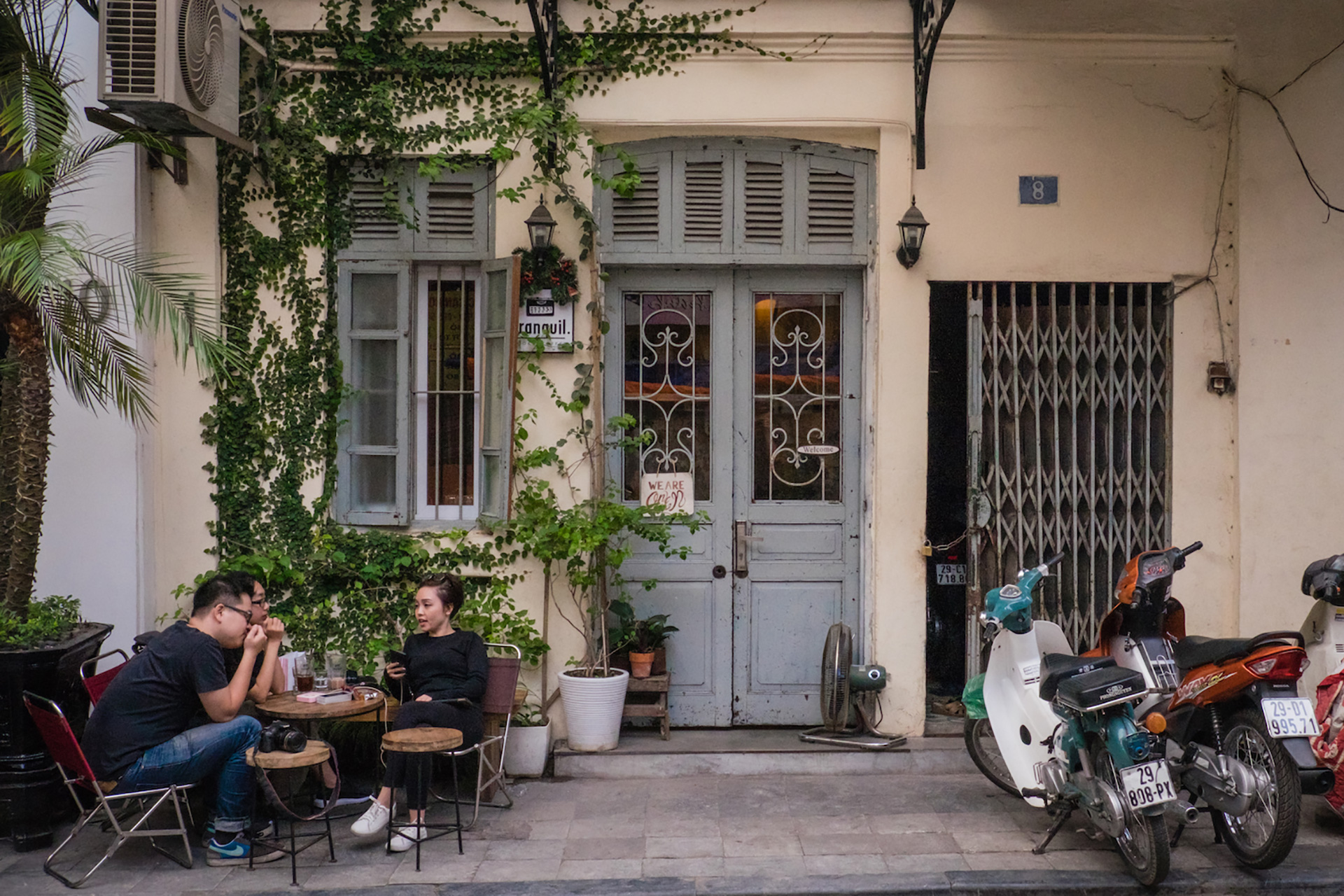
Tranquil Books & Coffee
In some cities, the quiet inside the aptly-named Tranquil Books & Coffee might feel oppressive. But in the unending chaos of Hanoi, this cafe’s little corner of calm is much needed. Just west of the Old Quarter, their main branch is tucked down a short passage off the street: floor-to-ceiling bookshelves and a small loft, exposed brick, an upright piano, and a John Lennon portrait.
Tranquil has been serving specialty coffee in Hanoi for years. Their commitment to both brewing high-quality coffee and creating a quiet space dedicated to books has caught on with the young Vietnamese crowd. They now have three locations and serve espresso and pour-overs. Their espresso drinks are an 80/20 blend of Vietnamese Arabica and Robusta, while their hand pours are 100% Arabica and their Vietnamese phin drips are full Robusta. Their coffees are primarily microlots from Cau Dat, an area in the coffee hub of Da Lat Province, as well as Dak Nong Province.
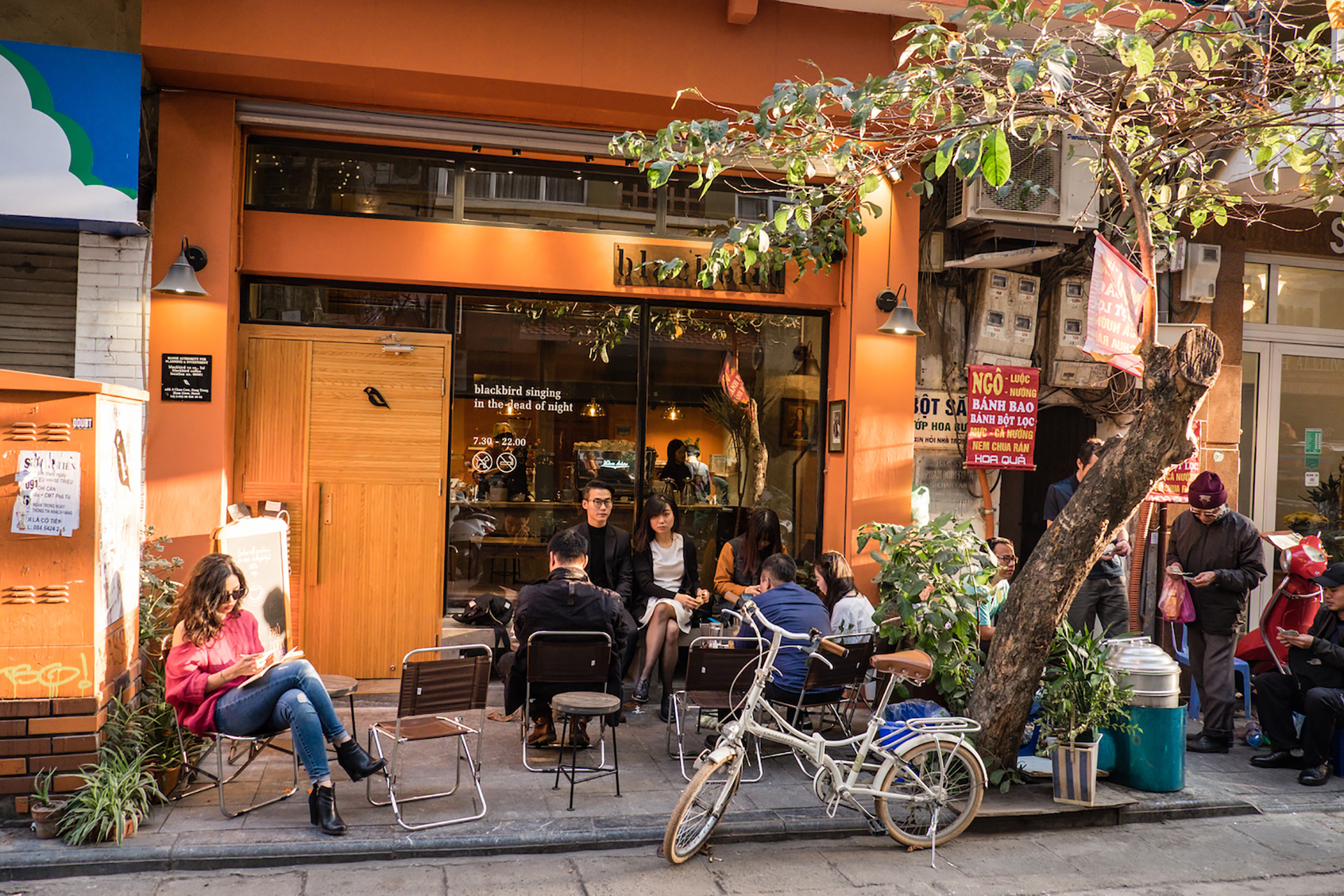
Blackbird Coffee
Blackbird Coffee sits on a quieter street near the Old Quarter, a warm orange storefront with a small group of chairs outside that are nearly always full. The place is busy nearly all day, open until 10 PM—the Vietnamese never seem too concerned about drinking their coffees late in the day.
Blackbird is both a roaster and cafe, focused on improving Vietnamese coffee and offering their own Vietnamese Arabicas and Robustas. The roasters and founders behind Blackbird are committed to working with every variety of bean they can, but they do have a focus on Arabica for now, offering it brewed with phin as well on a full slow bar, including AeroPress. Their Arabicas are primarily washed-processed beans from Lang Biang in Dalat, while their Robustas are natural-processed from Duc Co in Gia Lai Province.
The space is a staple of local specialty coffee in Hanoi, and it’s close enough to tourist areas to be easily accessible for people just stopping through.
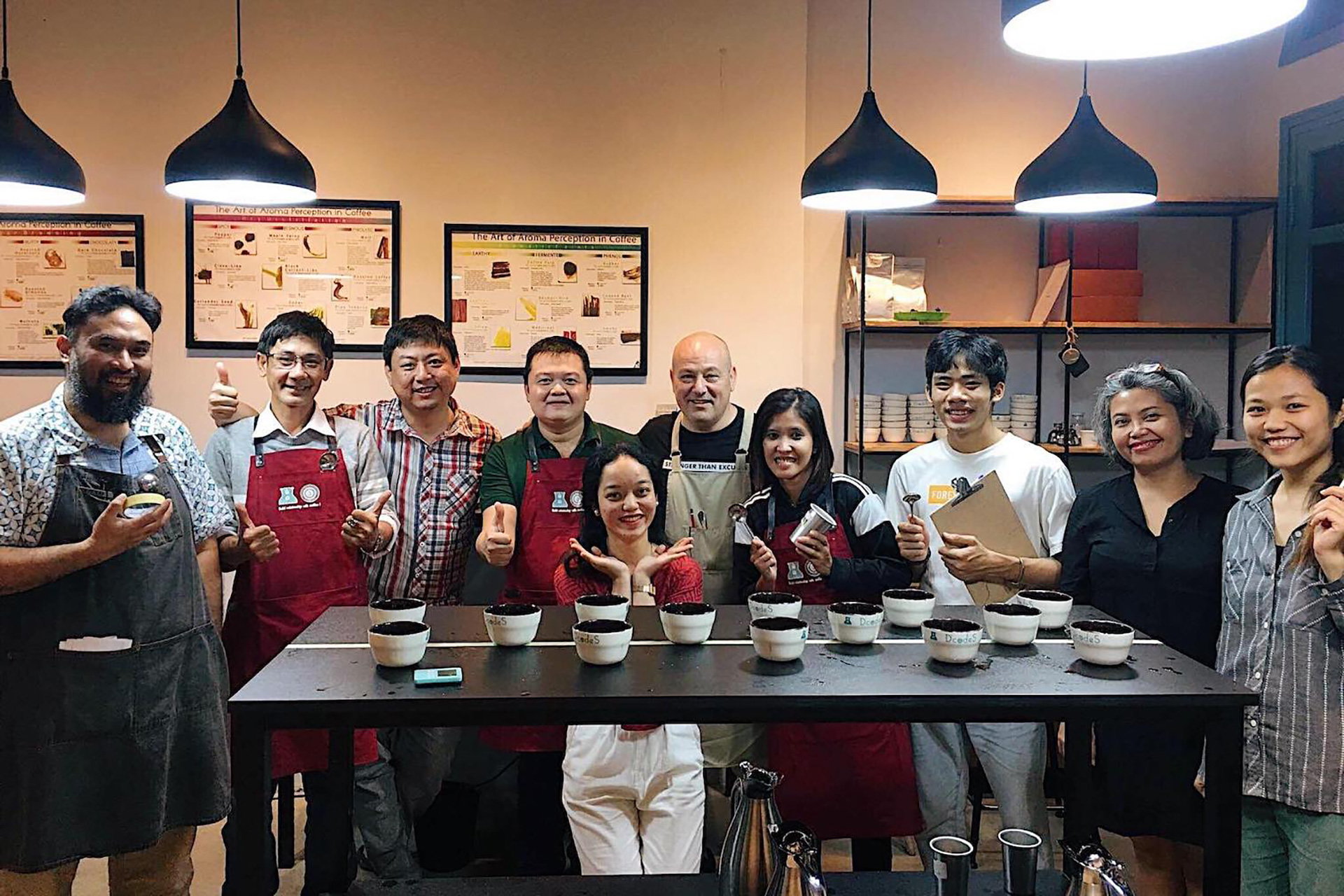
D’codeS Coffee Lab
D’codeS Coffee Lab is a specialty coffee training organization and cafe that works to improve the entire coffee supply chain throughout Vietnam. They’re focused on making coffee more sustainable and more accessible, by showing people that Vietnamese coffee is about more than just dark Robusta with sweetened condensed milk on ice. The name D’codeS is an amalgamation of “decoding the senses.”
The cafe offers every brew method a customer could ask for, and the space is set up to help customers learn all they can from the knowledgeable baristas or roasters—counter seats in front of the slow bar and plenty of beans to sniff.
Opened in 2017, D’codeS is the first Specialty Coffee Association Premier Training Campus in Vietnam. They’re all about helping people build relationships throughout the journey from seed to cup. They offer trainings at their location in Hanoi and on farms in central Vietnam. They research best practices for coffee cultivation and conduct trainings for farmers, traders, roasters, and baristas on how to improve sustainability, quality, and access to markets. They also offer standard SCA trainings, including CQI Q grader and specific classes on everything from extraction to processing and sensory skills.
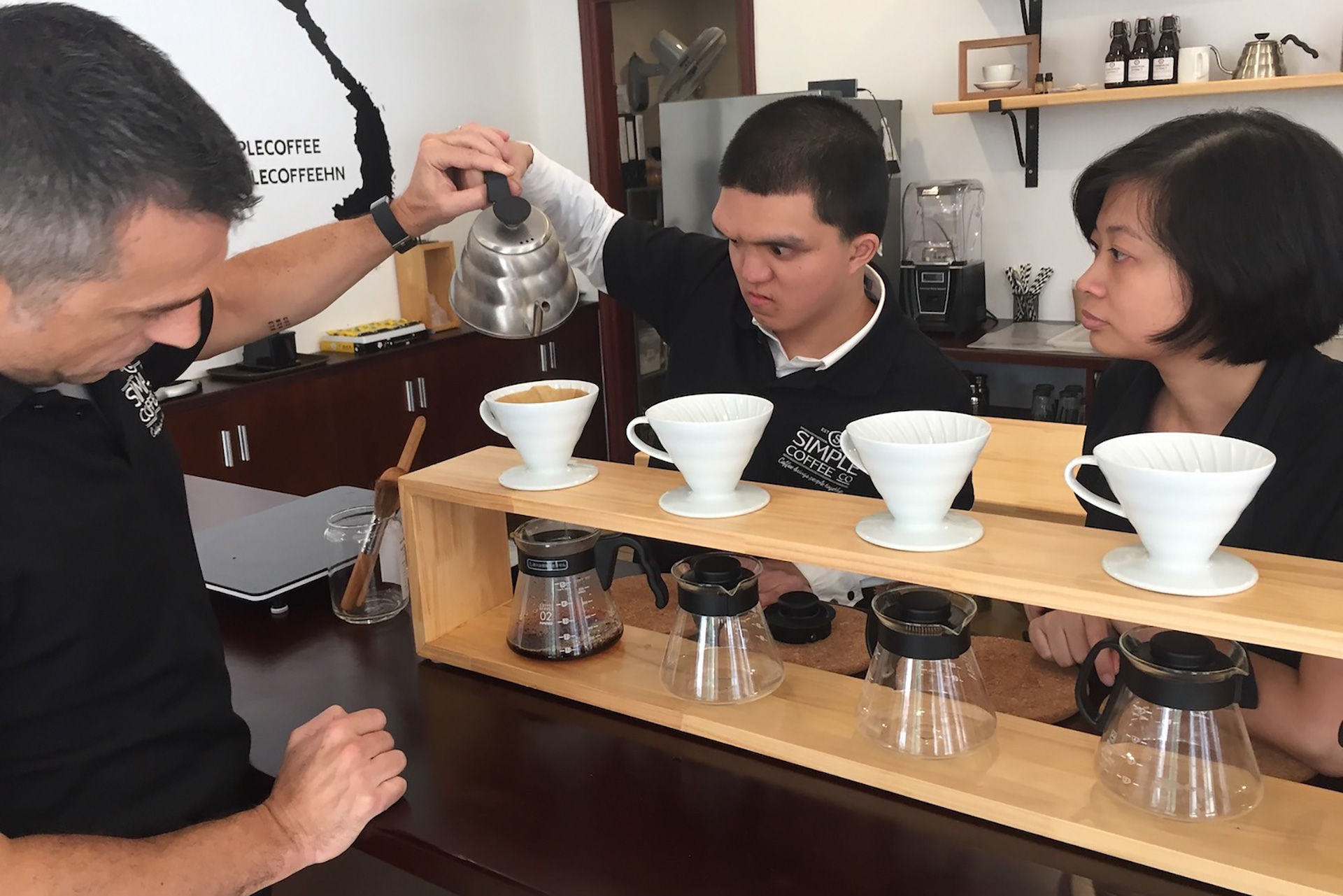
Simple Coffee
Tucked away in the Tay Ho neighborhood to the north of the city center, Simple Coffee is a direct trade roaster and cafe that specializes in microlots from farmers in the northern and central highlands of Vietnam. Their producer-focused model helps Simple get to know their farmers’ production methods and work with them to refine their processing and growing methods.
The cafe itself is also set up as a social enterprise, employing young adults with intellectual disabilities and giving them training and support.
Most of Simple’s beans are Arabica and Catimor, though their espresso blend includes about 10 percent Robusta, sourced from a farmer in the northern highlands. They’re also working on bringing in heirloom varieties when possible, including Yellow Bourbon and Typica, as well as honey-processed coffees, a new addition to the shop. Their pour-over bar has around 10 different varieties and roasts on offer.
For regular customers, Simple has also set up a creative loyalty program: you can buy a bag of their coffee to keep on a shelf at the shop so that whenever you come in, they’ll brew from your bag and charge you just a small amount for service.
Simple Coffee has a location in Bangkok as well.
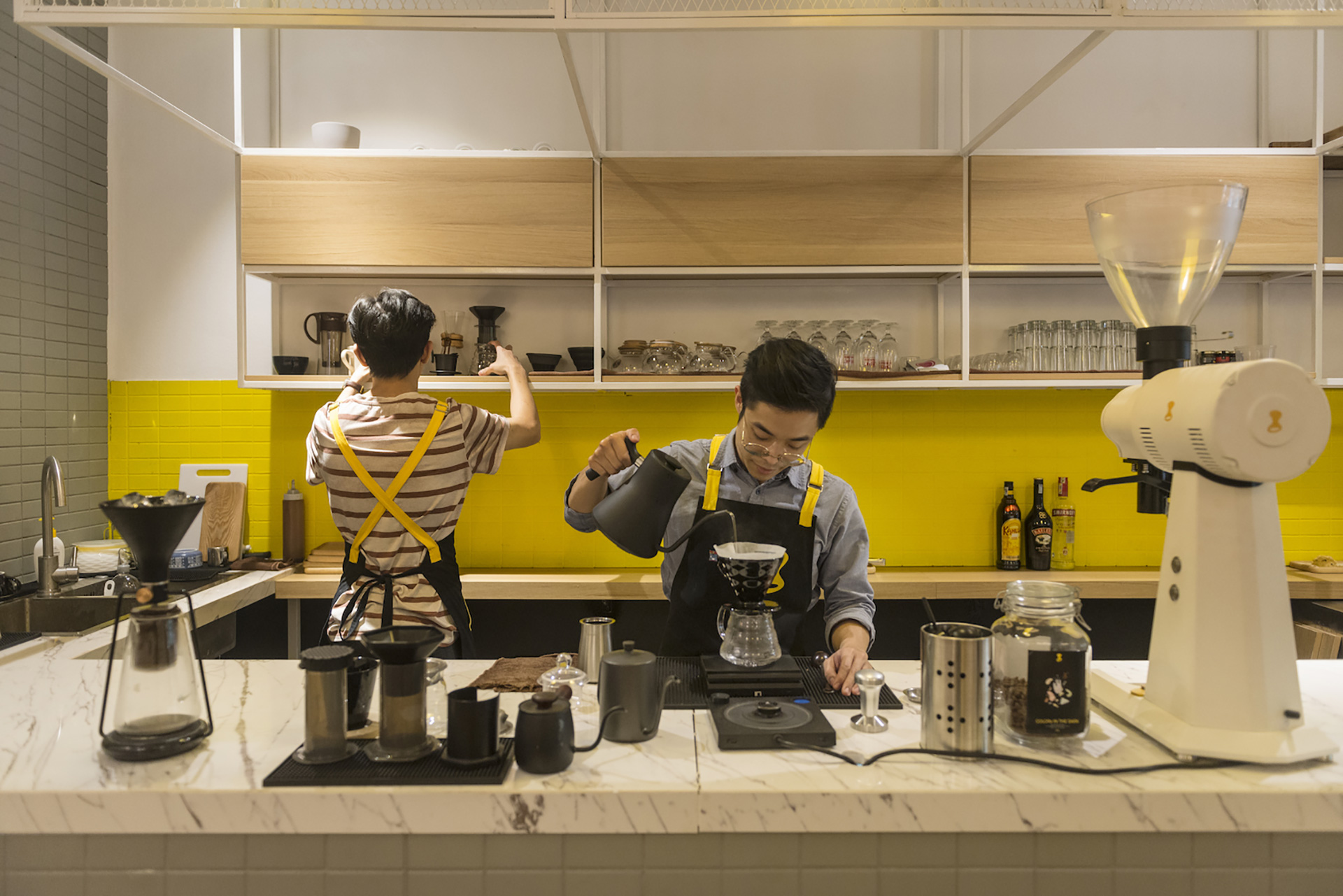
Atelier Coffee
Atelier Coffee is a roaster and cafe right near Hanoi’s famous train tracks, but they seem to have stayed off the tourists’ radar and they see a mostly Vietnamese clientele. The shop’s design is one of the most modern in Hanoi, with many locals coming to get work done over their coffee. Atelier does all their roasting in-house and focuses on Vietnamese Robustas and Arabicas, though they also highlight other microroasters from Vietnam and around the world.
For their Arabica, they partner with farms in Cau Dat, Lam Dong Province, in the central highlands. Wyatt Pham, found of Atelier, says they’re committed to supporting Vietnamese farmers to produce better cherries and improve their consistency. They rotate varieties every few months, having recently switched from an organic Catimor to full Arabica on their espresso bar.
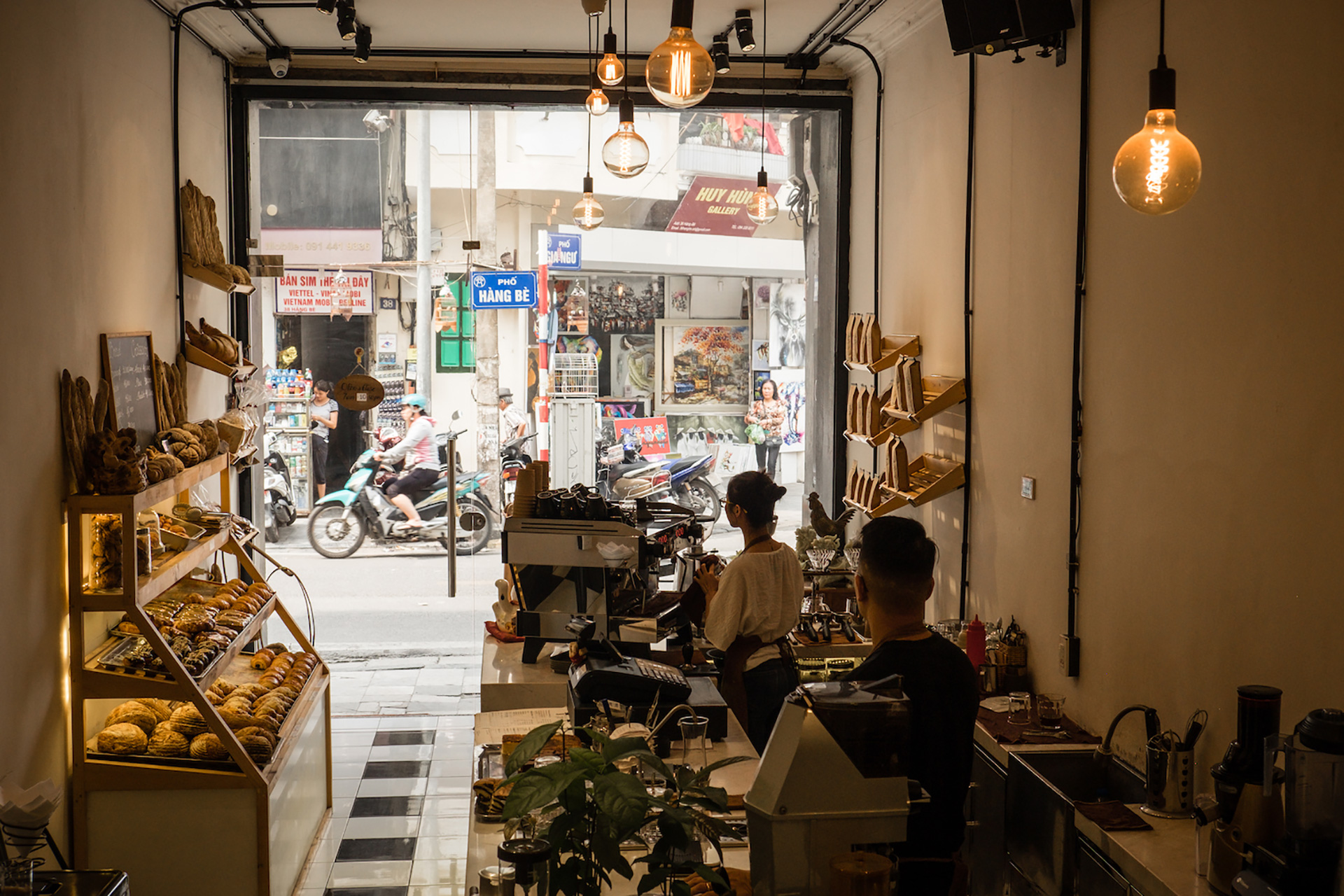
Gấu Coffee and Bakery
Gấu Coffee and Bakery is hidden in the middle of the Old Quarter amid art stores, tailors, noodle shops, classic colonial architecture, and cafes from the old guard of Hanoi’s coffee culture. But unlike its neighbors, Gấu has no crowd of old Vietnamese men on plastic stools outside.
This third-wave roastery and cafe specializes in Vietnamese Arabicas, serving exceptionally good medium-light roasts, a rarity in Hanoi. On roasting days, a full fruitiness from the newest batch of beans coming out of the roaster in the back mixes with fresh croissants and baguettes. Gấu serves a mix of tourist and local clientele and offers visitors who are only in Hanoi for a short time a chance to explore the newest ideas in Vietnamese coffee or grab a bag to take home. A note on the baked goods: these are also in a whole different category from those in most Vietnamese bakeries or at bahn mi sandwich stands—take the chance while it’s there and get a loaf of sourdough.
Top image © Adobe Stock/Hanoi Photography




